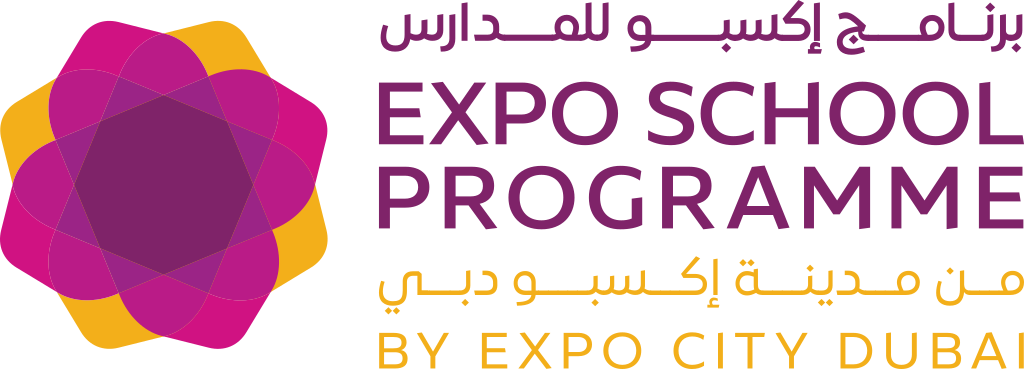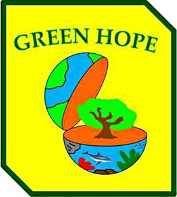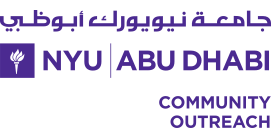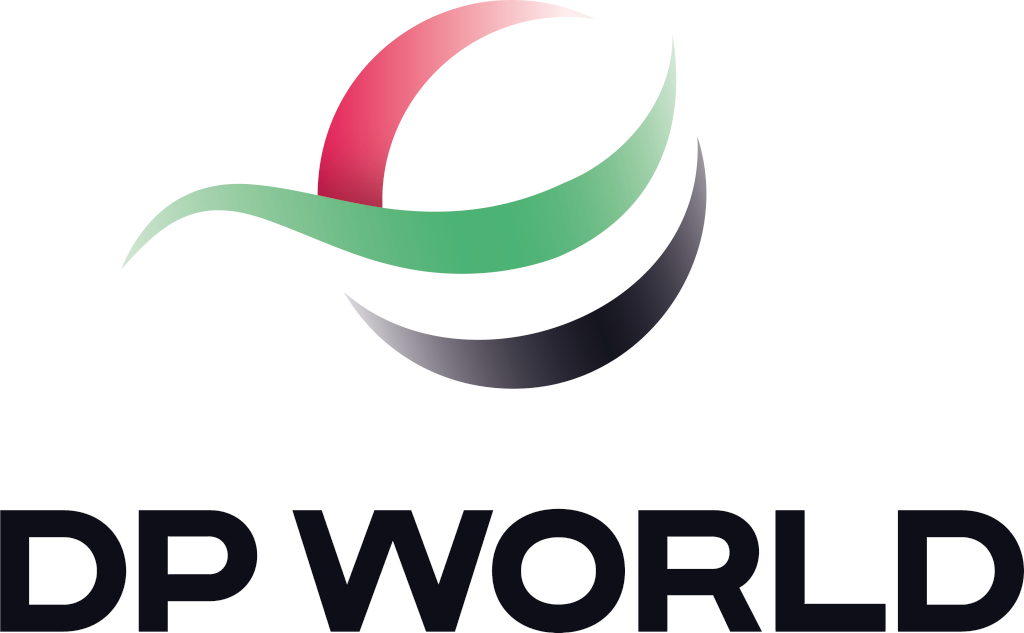A Fresh Approach to Sustainability Education
At the heart of our project is the concept of the food cycle—showing students how food is grown, used, and ultimately recycled. The initiative incorporates a range of hands-on activities that not only engage students in sustainable practices but also give them the tools to understand the complexities of food production, waste, and resource management. Our core activities include:
- A Vegetable Garden: Students at QAS have the opportunity to plant, care for, and harvest a variety of vegetables. This hands-on experience is designed to teach them the importance of sustainable food production and how even limited spaces can be transformed into food-growing areas.
- Composting Unit: In collaboration with the school’s cafeteria, we collect organic waste and turn it into nutrient-rich compost that can be used to fertilize the garden. This composting initiative teaches students the value of waste reduction and the circular nature of sustainability.
- Aeroponic Garden: To address the challenge of growing food in off-season conditions, we’ve implemented an aeroponic garden—a soil-free growing system that uses mist to nourish plant roots. This innovative gardening technique is an exciting way to teach students about cutting-edge agricultural technology and its potential for food production in urban and challenging environments.
A Recognition of Innovation in Education
Being selected for the Innovators in Education program by Qatar University is an immense honor. The program recognizes and supports forward-thinking projects that aim to transform education through creativity, problem-solving, and real-world impact. Our project stood out because of its holistic approach to sustainability education, blending environmental stewardship with practical, hands-on learning experiences.
With the support of Qatar University, we have entered a new phase of development where we are refining and expanding the project to maximize its educational impact. This phase is an exciting one for our team, as we begin to scale up our activities and engage more students in this crucial learning process.
Workshops on Program Development & Design Thinking
As part of our participation in the Innovators in Education program, we’ve been attending a series of workshops designed to enhance our project’s design and effectiveness. These workshops focus on key aspects such as:
- Know-How of the Program: We’ve been learning from experts about moving forward with a project, the scientific know-how of developing it and how to measure the results and think about further expansion.
- Design Thinking: Another key focus of the workshops is design thinking—a problem-solving methodology that emphasizes empathy, creativity, and collaboration. Through this process, we are learning how to tailor our project to meet the needs of our students and create more impactful, student-centered learning experiences.
The knowledge gained from these workshops is already helping us fine-tune our project and ensure that it resonates with students and educators alike. From redesigning lesson plans to reimagining how we present the food cycle, the workshops have given us the tools to build a program that is both innovative and sustainable.
Looking Ahead: Expanding Our Impact
As we move forward, our vision for the Food Cycle project at QAS is clear: to create a model for sustainability education that can be replicated across schools and communities. Our goal is not only to teach students about growing food but also to instill in them a deep understanding of the interconnections between nature, technology, and human behavior.
By growing food, composting waste, and utilizing aeroponic systems, we aim to show students that sustainability is not just an abstract concept but a practical, achievable goal. We believe that by engaging young people in hands-on learning, we can inspire them to take responsibility for their environment and become active participants in the global movement toward sustainability.
Our project’s inclusion in the Innovators in Education program is just the beginning. With ongoing support, feedback, and collaboration from Qatar University and the wider educational community, we’re excited to continue developing this project into a dynamic and impactful program that will empower students for years to come.
























